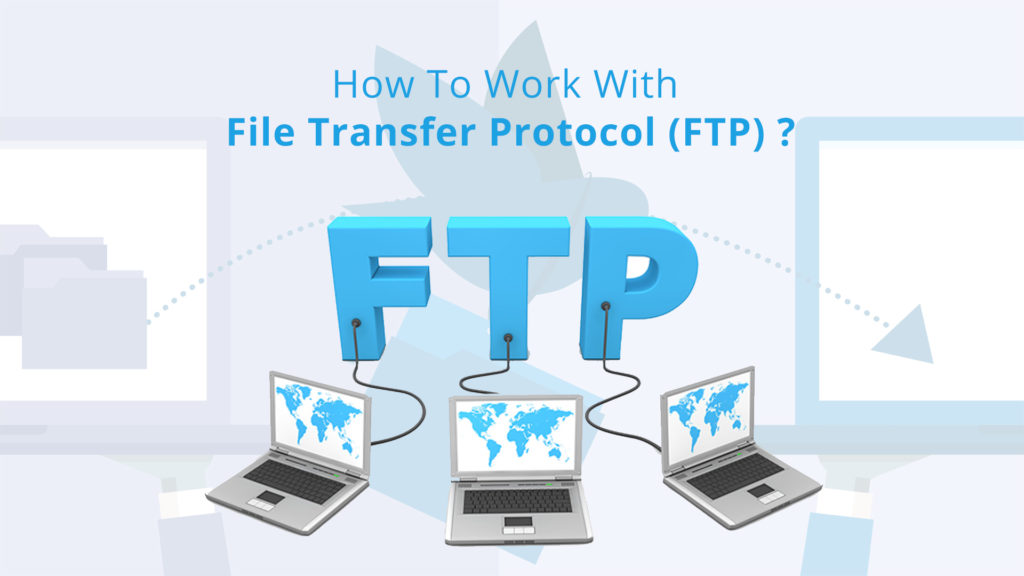It is possible to learn Python for beginners in a shorter or longer amount of time depending on a number of factors, such as the amount of prior programming experience you have, the amount of time and effort you dedicate to learning, and the learning style you prefer. On the other hand, in order to acquire a solid understanding of Python and its fundamentals for someone who is beginning from scratch and has no prior experience with programming, it typically takes a few months.
Introduction
Because of how easy it is to use and the large number of people who support it, Python is an excellent programming language for those just starting out. Installing Python and becoming familiar with its fundamental building blocks, such as variables, data types, operators, and control flow statements, should be your first step. Books, courses, and online tutorials all geared toward beginners offer step-by-step instructions and practical projects to get their hands dirty with. As a means of reinforcing what you’ve learned, practise solving coding exercises and challenges. Investigate important Python libraries for data manipulation and visualisation, such as the NumPy, Pandas, and Matplotlib packages. Participate in the Python community by way of its online discussion groups, social media forums, and in-person get-togethers. Construct some small projects that are in line with your interests, and use the official documentation of Python as well as other online resources as a reference. You can become proficient in Python and enjoy its wide range of applications if you practise the language on a consistent basis and get some hands-on experience.
Overview of the various stages that are involved in learning Python
Fundamentals and Syntax: The first step in learning Python is to become familiar with its fundamentals and syntax. This includes learning about variables, data types, operators, control flow, and fundamental input/output operations. This essential groundwork can be mastered in a matter of days or weeks.
Core Concepts and Libraries: Once you have a solid understanding of the fundamentals, you can advance to more advanced concepts such as functions, modules, file handling, and exception handling. However, before you can do so, you must first become familiar with the libraries that are available. Exploring well-known Python libraries such as NumPy (which is used for numerical computing), Pandas (which is used for data manipulation), and Matplotlib (which is used for data visualisation) can also help you improve your skills. This step could take anywhere from a few weeks to a few months to complete.
Advanced Topics: This is the point in the process where more advanced Python topics such as object-oriented programming, regular expressions, database connectivity, and web scraping can be investigated. The amount of time needed to become proficient in these subjects can change depending on how quickly or slowly you learn and how in-depth of an understanding you want to attain.
Learning through Projects: Participating in real-world projects is absolutely necessary in order to consolidate your Python abilities. Putting your knowledge into practise and gaining experience in the real world can be accomplished by working on data analysis projects or developing applications that are used in the real world. The length of time required to complete project-based learning varies according to the difficulty and breadth of the projects that are selected.
Learning Resources: Python can be learned with the help of a wide variety of resources, such as online tutorials, video courses, interactive coding platforms, textbooks, and coding bootcamps. Choose the resources that cater to your preferred method of education and offer a comprehensive introduction to Python’s core ideas.
Putting what you’ve learned about Python into practise and working on real-world projects are two of the most important things you can do to solidify your grasp of the language. To improve your skills, you should get some practise writing code and solving programming challenges. You should also gradually increase the difficulty of the projects you work on.
Community and Collaboration: Get involved with the Python community by contributing to open-source projects, attending meetups, joining coding communities, and posting in online forums. Working with other people allows you to benefit from the expertise of more seasoned programmers, obtain new perspectives on industry standards, and obtain feedback on your own code.
Develop Expertise in Particular Fields Python can be used for a wide variety of tasks, including the creation of websites, the analysis of data, the training of machines, and the automation of processes. You should think about specialising in specific domains based on the interests you have and the career you want to pursue. This might require familiarising oneself with additional libraries and frameworks that are unique to that field. Python is a dynamic programming language that is constantly gaining new capabilities and undergoing updates. Maintain your knowledge of the most recent versions of the Python programming language, and investigate newly released software such as libraries and tools. Staying abreast of developments in the Python ecosystem can be accomplished by following Python-related blogs, subscribing to Python-related newsletters, and taking part in online training.
Professional Certifications: If you’re interested in Python, you might want to look into getting some professional certifications in the language. Some examples of these certifications include the Python Institute Certified Associate in Python Programming (PCAP) and the Python Institute Certified Professional in Python Programming (PCPP). Certifications like these validate your skills and can make you more marketable to potential employers.
Implementation of Python in Everyday Situations: Keep an eye out for opportunities to put your Python knowledge to use in real-world scenarios. This may take the form of an internship, a freelance project, or participation in open-source project development. Not only does gaining practical experience help you better understand concepts, but it also gives you valuable examples that you can use in your portfolio.
Know more about how Simplilearn has helped its past learners achieve milestones in their professional careers through highly valued certifications and placement assistance. Read Simplilearn course reviews.
Conclusion
Learning Beyond Python While Python is a powerful language, it is to your advantage to have a more comprehensive understanding of the principles of computer science and the technologies that are related to it. Acquainting yourself with other programming languages, databases, algorithms, and data structures, in addition to Python, will make you a more well-rounded programmer and complement your existing knowledge of Python.
Keep in mind that mastering Python is an ongoing process, and it is essential to engage in frequent practise, find solutions to coding challenges, and investigate supplementary resources such as online tutorials, documentation, and coding exercises. The more you submerge yourself in Python programming and the more you put what you’ve learned into practise, the more quickly you’ll become proficient in the language.
In the end, the amount of time necessary to learn Python is highly subjective and can differ from one person to the next. When it comes to effectively mastering a language, the most important factors are commitment, consistency, and hands-on practise.

